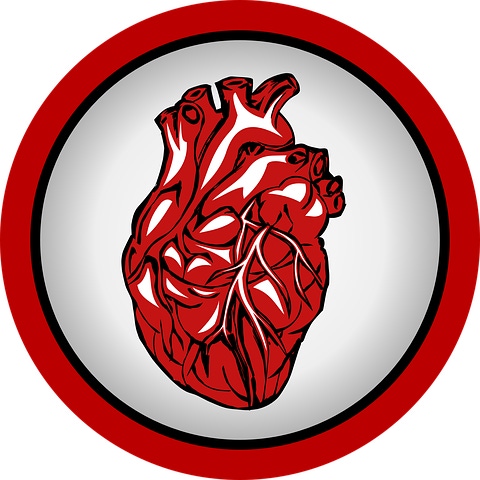Is CRM a Better Alternative than Stress Echocardiograms?
Duke University Medical Center researchers looked at data from 9,000 patients who underwent Cardiac Magnetic Resonance.
February 11, 2019

Cardiac Magnetic Resonance (CMR) has the potential to be a non-invasive, non-toxic alternative to stress echocardiograms, catheterizations, and stress nuclear exams in identifying the severity of heart disease, according to a study. The study appears online Feb. 8 in JAMA Cardiology.
Duke University Medical Center researchers looked at data from more than 9,000 patients who underwent CMR at seven U.S. hospitals, encompassing up to 10 years of follow-up.
Research from the study shows that patients without any history of heart disease and at low risk based on traditional clinical criteria, those with an abnormal CMR scan were 3.4 times more likely to die compared to patients with a normal CMR scan. For the entire patient population, the researchers found a strong association between an abnormal stress CMR and mortality, even after adjusting for patient age, sex, and cardiac risk factors.
"We've known for some time that CMR is effective at diagnosing coronary artery disease, but it's still not commonly used and represents less than one percent of stress tests used in this country," senior author Robert Judd, Ph.D., co-director of the Duke Cardiovascular Magnetic Resonance Center, said in a release. “One of the impediments to broader use has been a lack of data on its predictive value - something competing technologies have. Our study provides some clarity, although direct comparisons between CMR and other technologies would be definitive.”
About the Author(s)
You May Also Like


